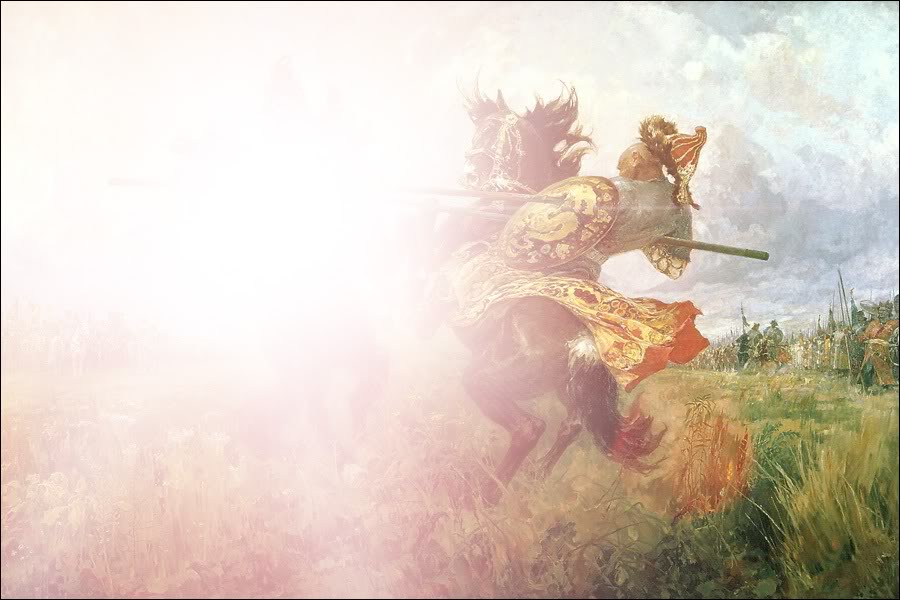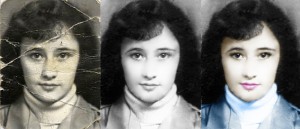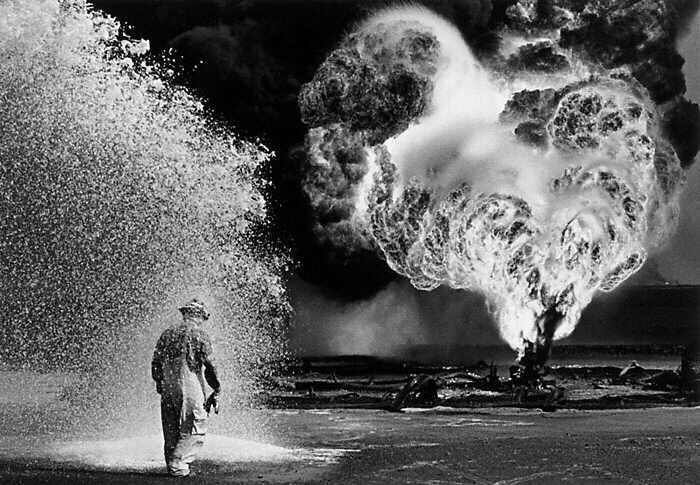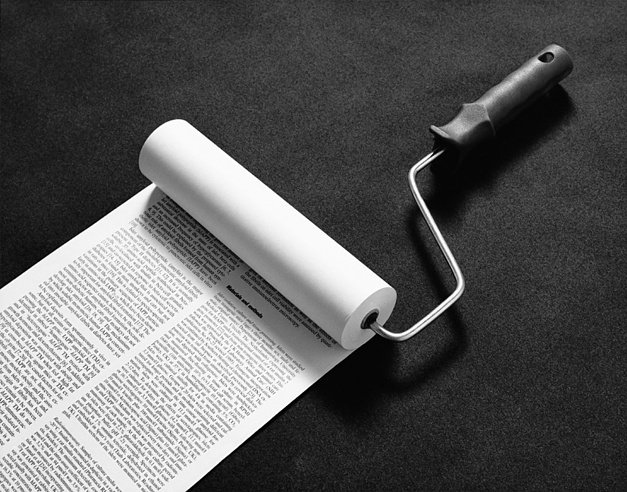Where you can shoot, and where you can not
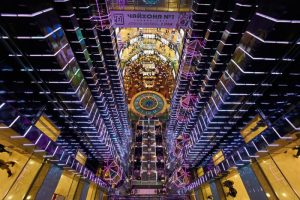 publication in the media, posting on the Internet, printing on booklets, banners, etc. Accordingly, laws regulate these rights differently. And very often allowed to shoot, but prohibit or restrict distribution.
publication in the media, posting on the Internet, printing on booklets, banners, etc. Accordingly, laws regulate these rights differently. And very often allowed to shoot, but prohibit or restrict distribution.
The Constitution gives us the right to shoot almost anywhere: “everyone has the right to seek, receive, transmit, produce and distribute information in any legal way.” But there are a number of laws that restrict this right in specific cases.
Three “No”
You can immediately identify three areas when photography may be prohibited. All of them are connected with one condition: restriction of access to these areas. That is, you can remember: where you can not appear without permission, you can not take pictures. These three “no” looks like this:
objects related to state secrets (for example, military units, “secure” enterprises, etc.);
objects related to trade secrets (enterprises that use unique technologies protected by intellectual property laws);
sphere of private life of a person (private property, apartment, etc.).
Public places
The general rule – shooting is allowed. Exceptions are places where a person has the right to privacy: fitting rooms, bathhouses, toilets, etc.
People
In public places you can shoot people. But their photos can be distributed only with their consent. The law provides for three cases when it is not necessary to obtain consent from a citizen to distribute his image:
If the publication of images is of state or public importance.
The shooting took place in a publicly accessible place and the person is not the main subject in the picture.
If the citizen posed for a fee.
You can also publish, without consent, photo reports with pictures of people, if these pictures show the course of the event.
Shops, cafes, shopping centers
Shooting is also allowed here. Sometimes the owners and employees try to prohibit it, citing either “commercial secret” or “ownership”. In both cases, the ban will be illegal. Information that has free access cannot be considered a commercial secret. And the right to the property of the photographer when shooting does not violate.
Museums and exhibitions
The administration of museums has no right to prohibit photographing exhibits. But it can prohibit the shooting of objects with a flash, justifying it by the fact that light can worsen their condition.
However, it should be remembered that the distribution of such images may cause problems: copyright may exist on museum objects. And you should definitely not use such photos for commercial purposes: for advertising, production of souvenirs, etc.
Concerts, performances, competitions
Event organizers often prohibit filming, citing “the threat of copyright infringement.” But for shooting for personal purposes, the laws do not impose any restrictions.
More organizers often limit the use of flash or finding photographers at the scene or arena. It is motivated by the fact that the actions of the photographer can interfere with both artists and athletes, as well as spectators. But if you shoot the course of the concert, the competition and do not interfere with anyone – you are in your own right.
Police
The law does not prohibit the filming of police officers. And shooting of actions of inspectors of traffic police even resolves.
But there may be another case. For example, if a counterterrorist operation (CTO) regime is declared, then, as a rule, shooting in the entire area of operation is prohibited. But in such a situation, limited access is established in the KTO area, and you just will not get into it. In any case, a police officer who bans you from filming must state the exact reason for the ban with reference to the law.
Transport
Interior Samyang 14mm F2.8 Metro. Federal legal acts do not prohibit filming in the subway. However, many social facilities (for example, the courts or the same subways) set their own rules, guided, in particular, by security considerations. Thus, the Moscow Metro Rules prohibit filming and filming without the written permission of the administration. And photographing in them is mentioned only in this context: “On the territory of the Moscow Central Ring, it is forbidden … to film, photograph, video with the use of professional and (or) stationary equipment.”
What is “professional equipment”, the rules do not specify. But in practice, it often means a tripod and a flash. At the same time, judging by the text, outside the central ring you can take pictures without restrictions.
To avoid conflicts, we would recommend studying the rules of a particular metro before shooting.
Railway. Here you can also shoot. The bans on photographing on the railway and railway stations were in the legislation of the USSR and other regulatory acts that are no longer in force.
